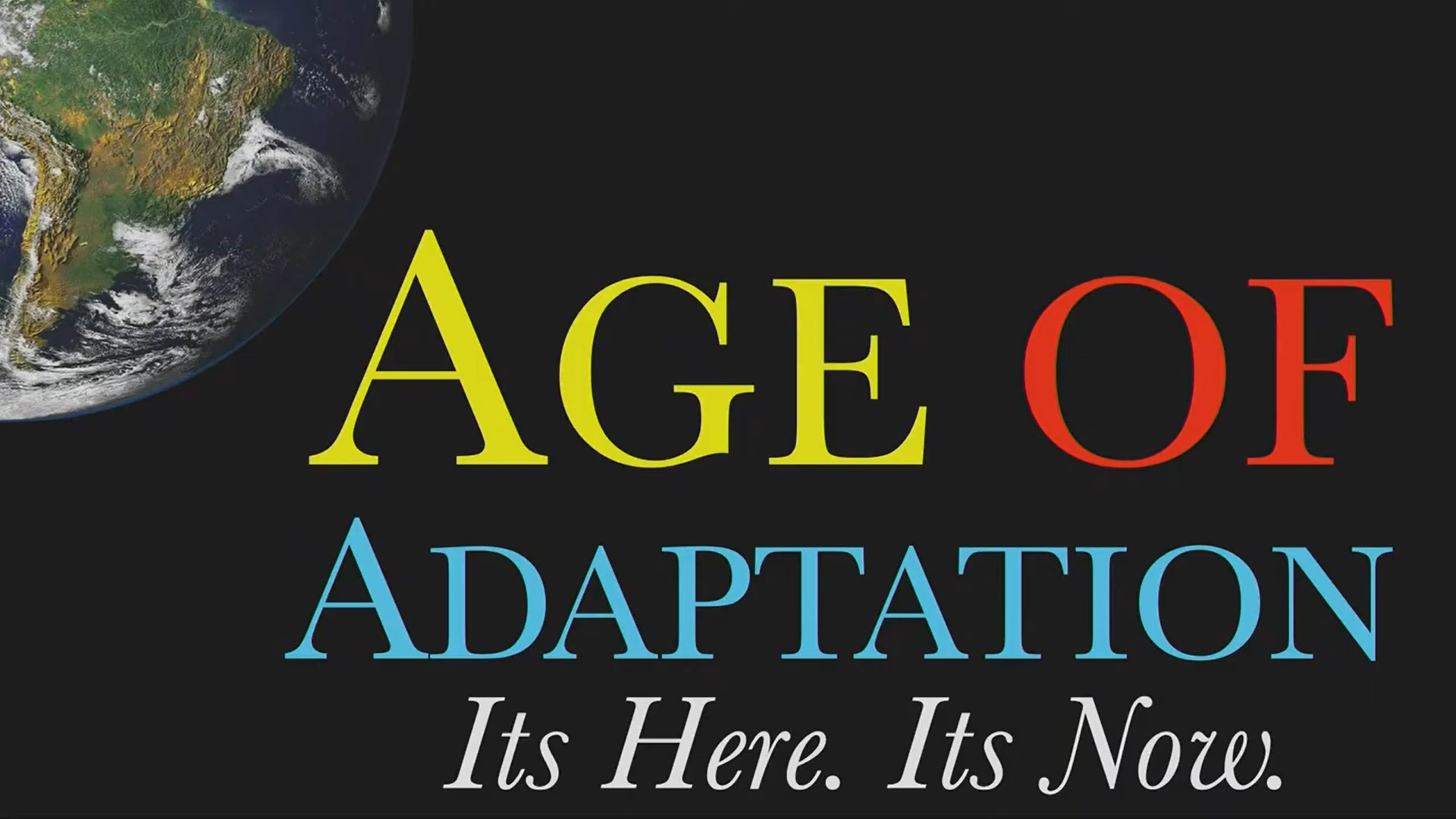Najam Delivers Annual Sarfraz Pakistan Lecture on Climate Change

On November 25, 2021, Adil Najam, Dean of the Frederick S. Pardee School of Global Studies at Boston University, delivered the Wolfson College at the University of Oxford’s 2021 Annual Sarfraz Pakistan Lecture on climate change in the Age of Adaptation.
The Sarfraz Pakistan Annual Lecture, named in honor of the businessman Lord Aamer Sarfraz of Kensington, focuses on the history and culture of Pakistan. It brings together scholars, journalists, and cultural commentators and provides an opportunity for the Wolfson College community to engage with South Asian culture.
In his remarks, titled “Age of Adaptation: Climate Change as Viewed from Pakistan,” Najam explored how the world came upon the Age of Adaptation, what it means to live in the Age of Adaptation, as well as the specific challenges the Age of Adaptation poses for Pakistan, particularly in relation to water, food, and security. Najam states that dealing with the impacts and consequences of climate change is no longer a ‘future’ challenge. In fact, many developing countries are furious with the richest and most polluted countries as well as climate experts because they are experiencing the effects of climate change – flood, drought, wildfires, food scarcity, etc. – as we speak. Ignoring the impacts of climate change is no longer a luxury that any country can afford, least of all Pakistan, which is economically impoverished and climatically imperiled.
A recording of the lecture can be viewed below.
Adil Najam is a global public policy expert who also served as the Vice-Chancellor of the Lahore University of Management Sciences, Lahore, Pakistan. He is the Inaugural Dean of the Frederick S. Pardee School of Global Studies at Boston University and was the former Vice-Chancellor of the Lahore University of Management Sciences (LUMS). His research focuses on issues of global public policy, especially those related to global climate change, South Asia, Muslim countries, environment and development, and human development. Read more about Dean Najam on his faculty profile.